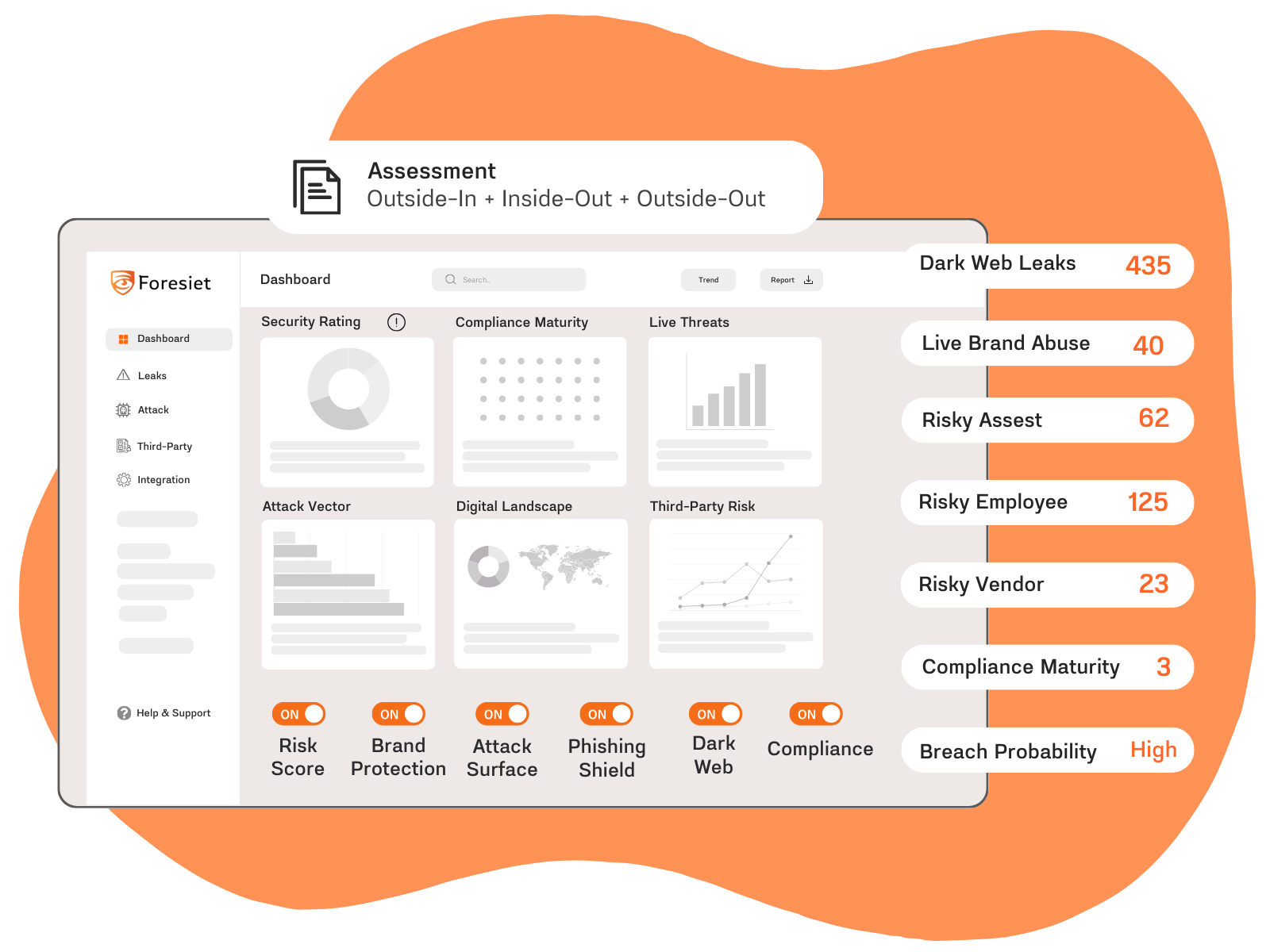Apple Halts Spyware Lawsuit to Protect Sensitive Security Operations

Introduction
In a surprising move, Apple has filed a motion to drop its high-profile lawsuit against NSO Group, the Israeli developer of Pegasus spyware. The lawsuit, originally filed in November 2021, aimed to curb NSO Group’s alleged misuse of its Pegasus spyware on Apple devices. However, citing security concerns related to its own cyber defense capabilities, Apple has chosen to withdraw from the legal battle.
This decision highlights the growing complexities of the modern spyware landscape and the delicate balance tech companies must maintain to protect their internal security measures.
The Pegasus Lawsuit: A Brief Overview
In 2021, Apple took legal action against NSO Group and its parent company, Q Cyber Technologies, accusing them of targeting Apple users with the Pegasus spyware. Apple sought a permanent injunction to ban NSO from using any Apple-related software, services, or devices for malicious purposes.
Pegasus spyware is notorious for enabling unlawful surveillance by exploiting device vulnerabilities, allowing hackers to steal data, track movements, and monitor communications without detection. Apple’s lawsuit was initially seen as a strong move to safeguard its users and set a precedent in combating surveillance threats. However, recent developments have made the case riskier for the tech giant’s own security.
Why Apple Is Dropping the Lawsuit
The key reason behind Apple’s decision to drop the lawsuit revolves around the potential exposure of its internal security measures. According to Apple, recent developments in the case indicate that continuing the lawsuit could lead to the public disclosure of critical details about its anti-exploit capabilities and threat intelligence program.
Apple fears that this sensitive information could be exploited not just by NSO Group but also by other spyware vendors. In its filing, Apple highlighted the risk of inadvertently equipping cybercriminals with insights that could further endanger the security of its devices and services.
The Evolving Spyware Landscape
One of Apple’s arguments for dropping the lawsuit is the shifting landscape of the spyware industry. The NSO Group, once a dominant player, has been “partly supplanted by numerous other spyware companies,” according to Apple. The growing number of commercial spyware vendors means that even a legal victory against NSO would not stop other actors from continuing their operations.
A recent report revealed that over 435 entities across 42 countries are currently engaged in spyware development, dispersing the threat once concentrated in a few major players. This proliferation has complicated Apple’s efforts to clamp down on spyware as an isolated threat.
Impact on Apple's Threat Intelligence
Apple’s withdrawal from the lawsuit underscores the increasing importance of safeguarding threat intelligence from public exposure. With sophisticated attacks on the rise, Apple’s decision illustrates how protecting internal cybersecurity measures can outweigh the benefits of litigation.
Companies like Apple rely on cutting-edge security systems and tools, including stolen credentials detection, digital footprint analysis, and dark web surveillance, to stay ahead of threats. Disclosing such systems could provide cybercriminals with a roadmap to breach these defenses.
This case also emphasizes the need for cybersecurity firms to utilize digital threat scoring and brand protection to monitor and defend against emerging spyware threats. Exposing too much information in court could give spyware developers and malicious actors a competitive edge in the ongoing battle for digital security.
Efforts to Weaken Spyware Vendors
Although Apple is dropping the lawsuit, it stressed that global efforts to combat spyware have already weakened companies like NSO Group. In 2021, Apple contributed $10 million to support cyber surveillance research and was among the signatories of the Pall Mall Process, an international agreement to address spyware threats and protect human rights in cyberspace.
Alongside Apple, major companies like Meta and Google have taken significant steps to mitigate spyware risks. Meta, for example, sued NSO Group in 2019 for exploiting WhatsApp to conduct cyber espionage on journalists and activists. As part of a larger international effort, these actions have put increased pressure on commercial spyware vendors.
The Future of Spyware Defense
While Apple’s legal strategy may have shifted, the need for robust defenses against spyware remains. As the spyware landscape becomes more fragmented and sophisticated, companies must stay vigilant. Proactive measures like compromised data tracking, online risk evaluation, and brand impersonation defense are crucial to preventing potential breaches.
Moreover, the spread of spyware beyond individual companies highlights the importance of international cooperation in tackling this issue. Governments and private organizations alike need to focus on strengthening digital footprint analysis and darknet monitoring services to protect both individual users and corporate networks.
Conclusion
Apple’s decision to drop its lawsuit against NSO Group reflects the delicate balancing act between legal action and cybersecurity defense. While the move is a response to the evolving spyware threat and the potential exposure of Apple’s security measures, it also serves as a reminder of the growing complexity of defending against spyware.
As spyware vendors proliferate and become more sophisticated, organizations must prioritize protecting their digital infrastructure through advanced threat detection tools and comprehensive security measures. The fight against spyware isn’t just about litigation—it’s about staying ahead of emerging threats in an increasingly crowded cybersecurity landscape.
About Foresiet!
Foresiet is the pioneering force in digital security solutions, offering the first integrated Digital Risk Protection SaaS platform. With 24x7x365 dark web monitoring and proactive threat intelligence, Foresiet safeguards against data breaches and intellectual property theft. Our robust suite includes brand protection, takedown services, and supply chain assessment, enhancing your organization's defense mechanisms. Attack surface management is a key component of our approach, ensuring comprehensive protection across all vulnerable points. Compliance is assured through adherence to ISO27001, NIST, GDPR, PCI, SOX, HIPAA, SAMA, CITC, and Third Party regulations. Additionally, our advanced antiphishing shield provides unparalleled protection against malicious emails. Trust Foresiet to empower your organization to navigate the digital landscape securely and confidently.
Protect your brand, reputation, data, and systems with Foresiet's Integrated Digital Risk Platform. 24/7/365 threat monitoring for total peace of mind.


July 10, 2025, 9 a.m.
